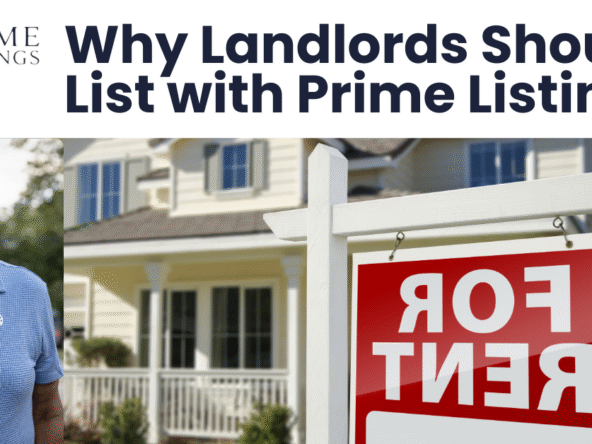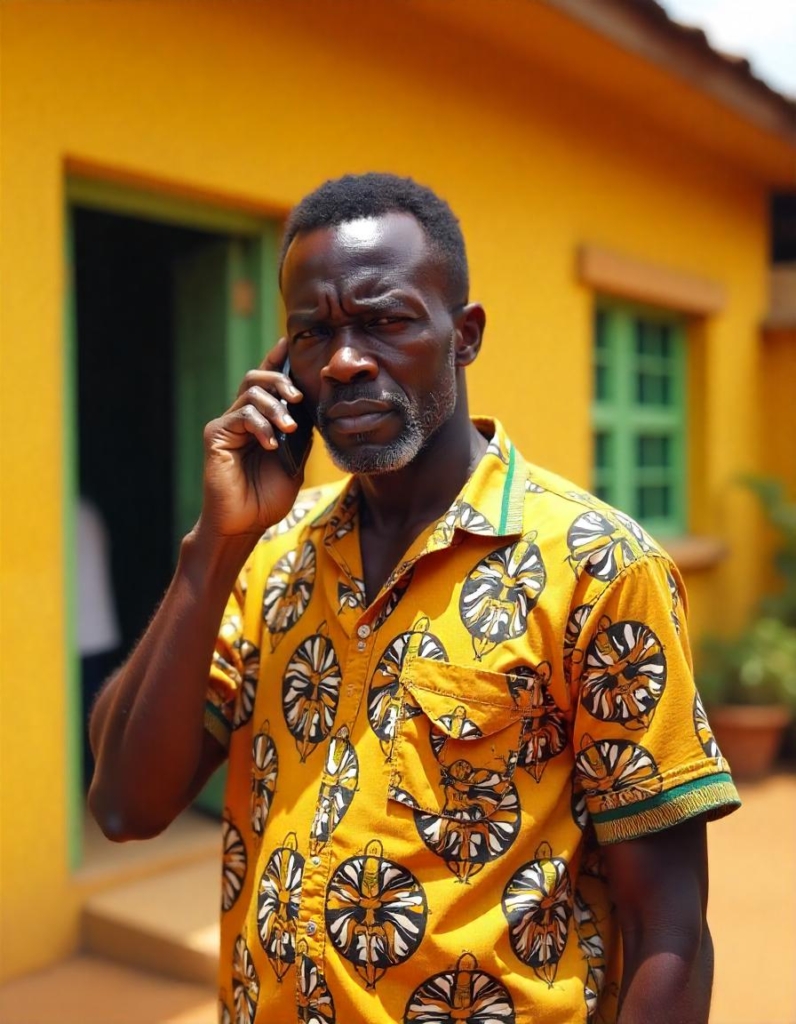
Imagine renting out your property in Ghana, and everything seems fine until the tenant stops paying, refuses to move out, or starts knocking down walls without your permission. Now what?
If you’ve ever found yourself wondering what you’re allowed to do in a situation like this as a landlord in Ghana, you’re not alone.
Many landlords, even the experienced ones, don’t fully understand their legal rights or how to protect their properties without overstepping.
The truth is, Ghana’s Rent Act does offer protection for landlords, but only if you know how to use it. From collecting rent to ending a tenancy the right way, understanding your rights isn’t just helpful, it’s essential.
So, what exactly are your rights as a landlord in Ghana? And how can you use them to make smarter, safer rental decisions?
Let’s break it all down.
1. The Right to Set Rent Terms
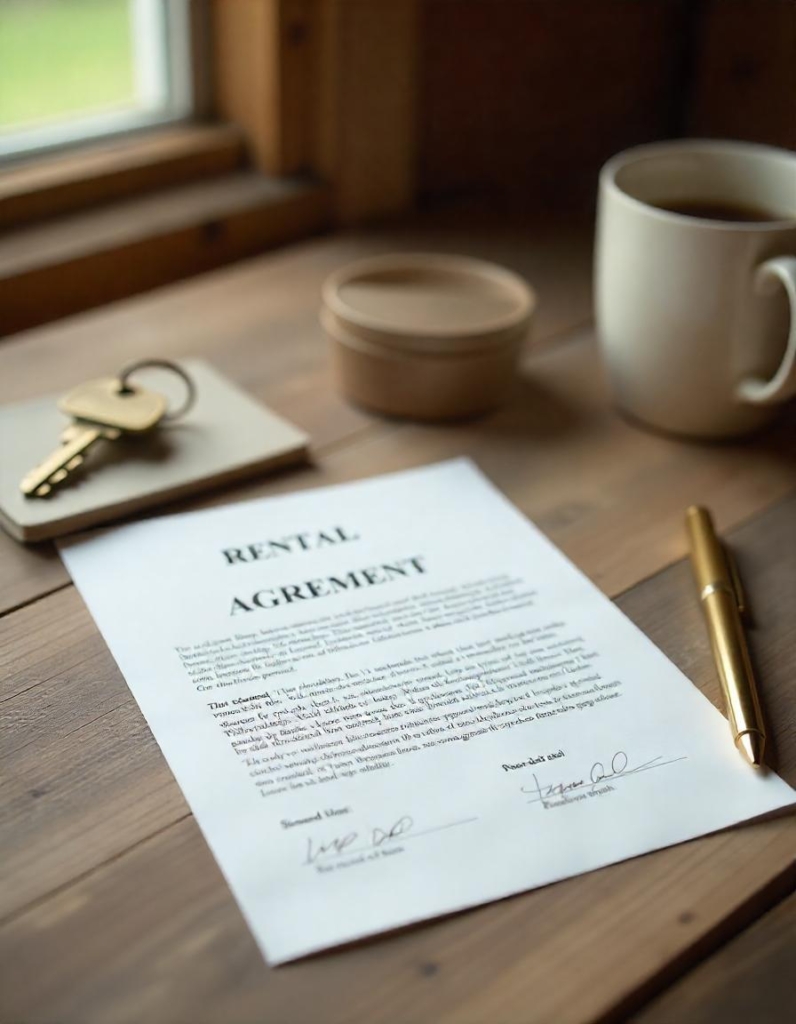
As a landlord in Ghana, you have the legal right to set the terms of rent, including how much you charge, how it’s paid, and when it’s due. This is one of your most basic rights under the Rent Act, 1963 (Act 220).
You decide if you want rent paid monthly, quarterly, or even yearly. You also have the right to take advance rent payments (typically up to six months), as long as it’s agreed upon in the tenancy contract.
However, rent increases can’t just happen at random. Ghana’s Rent Control laws require landlords to give proper notice before adjusting rent, usually not less than three months. If a tenant feels the increase is unfair, they can report to the Rent Control Department, which may review and determine a fair rate.
Always have a signed rental agreement that spells out the payment terms, due dates, and what happens if rent is late. It protects both you and your tenant.
2. The Right to Screen Tenants
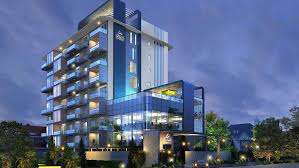
Before you hand over your keys to a tenant, you have every right to decide who lives in your property, and that decision should never be rushed.
In Ghana, landlords have the legal right to screen tenants to ensure they are responsible, reliable, and financially stable. This means you can ask for proof of income, ID, references, employment status, and even conduct a brief interview to understand who you’re renting to.
What you can’t do is discriminate based on ethnicity, religion, gender, or other protected factors. But if a potential tenant has a poor payment history or refuses to sign a clear rental agreement, you have every right to turn them down.
Ensure to create a short screening checklist and use it consistently. It’ll save you time, reduce risks, and protect your property from problems down the road.
3. The Right to Receive Timely Rent
One of the most important rights you have as a landlord in Ghana is the right to be paid rent on time, exactly as agreed in your rental contract.
Once a tenancy agreement is signed, both you and the tenant are legally bound to its terms. If the document states rent is due on the 1st of every month, then you have the full right to expect payment on or before that date.
When a tenant fails to pay without any valid reason or communication, it’s considered a breach of contract.
Ghana’s Rent Act protects landlords in these situations, allowing you to take legal steps, including eviction proceedings, if a tenant consistently defaults.
However, it’s always best to communicate first. In many cases, a polite reminder or short grace period solves the issue without conflict.
Keep a written record of all rent payments (receipts, bank transfers, or mobile money logs). It helps you stay organized and can protect you in legal disputes.
4. The Right to Protect Your Property
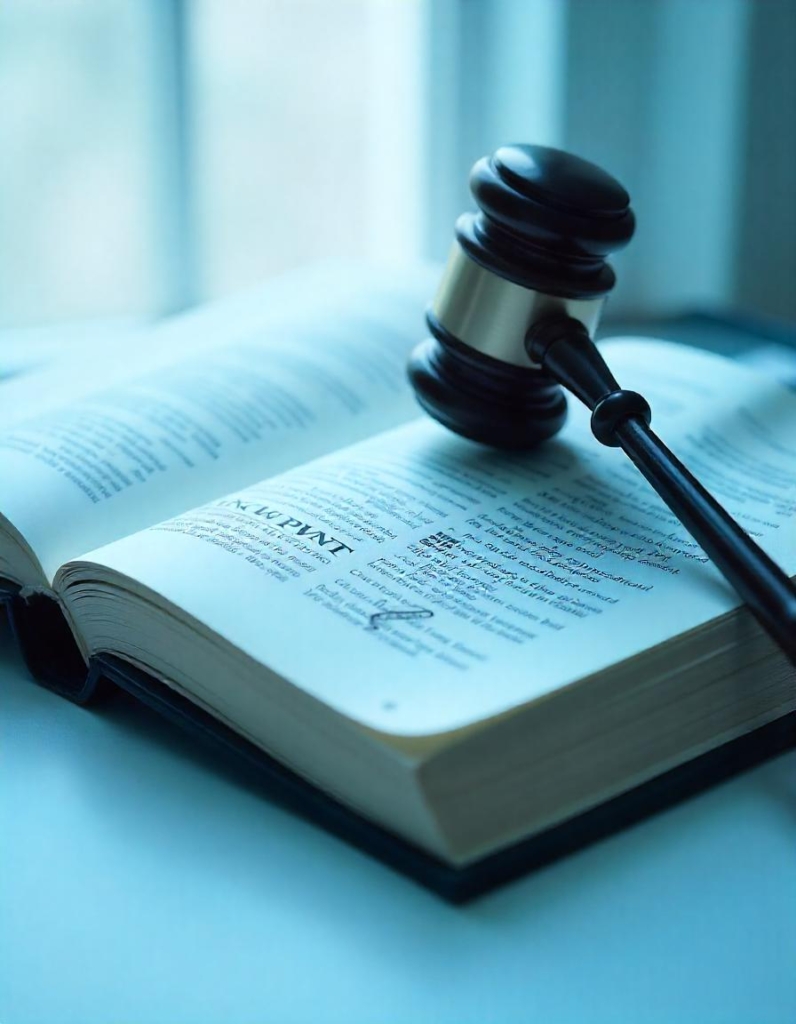
As a landlord, your property is your investment, and you have every right to ensure it is being taken care of.
Landlords in Ghana are legally allowed to protect their property from damage, misuse, or unauthorized changes. If a tenant is causing serious damage, such as breaking windows, tearing down walls, or making unapproved modifications, you have the right to intervene.
This could mean issuing a warning, requesting repairs, or even involving the Rent Control office if necessary.
You also have the right to include rules in the rental agreement about what tenants can and can’t do to the property. This could include painting walls, keeping pets, or making structural changes.
However, your right to protect your property doesn’t mean you can walk in anytime. Ghanaian law requires that landlords give reasonable notice before entering the premises, unless it’s an emergency like a burst pipe or fire.
5. The Right to End a Tenancy (Under Certain Conditions)
No landlord wants to evict a tenant, but sometimes, it’s necessary. The good news is, Ghana’s Rent Act gives you the right to end a tenancy if specific conditions are met.
You can lawfully terminate a rental agreement if the tenant:
- Fails to pay rent after a grace period.
- Damages the property or uses it for illegal purposes.
- Breaches the terms of the agreement.
- Sublets the space to another person without your permission.
- Refuses to vacate after the tenancy expires.
However, eviction isn’t automatic. Landlords are expected to give reasonable notice (usually one month or more) and must often go through the Rent Control Department to formally process the eviction, especially when the tenant refuses to leave.
6. The Right to Access for Repairs or Emergencies
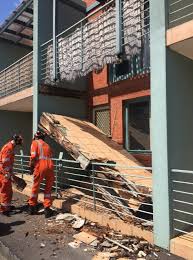
Even though tenants have a right to privacy, as a landlord, you still have the right to access your property when necessary.
In Ghana, landlords are allowed to enter the rented property for important reasons such as:
- Making repairs or maintenance.
- Inspecting the condition of the property.
- Responding to emergencies like flooding, fire, or structural damage.
That said, the law expects landlords to give reasonable notice, usually 24 to 48 hours, before visiting, unless it’s an urgent situation. This helps maintain trust and avoids misunderstandings.
Your goal should always be to respect the tenant’s space while protecting your investment.
7. The Right to Be Protected from Unfair Tenants
In Ghana, if a tenant constantly breaks the terms of the agreement, delays payments, damages your property, or refuses to vacate, you have the legal right to seek help through the Rent Control Department. The system is designed to protect not only tenants but also landlords, because not all tenants play fair, and as a landlord, you deserve protection too.
You can file a formal complaint, and Rent Control will arrange a hearing to mediate the situation. If the tenant is clearly in the wrong, they can be fined, ordered to pay rent arrears, or be legally evicted.
You also have the right to involve law enforcement in extreme cases, especially if the tenant becomes abusive, violent, or uses the property for illegal activities.
Always document everything, including rent receipts, messages, warnings, and visits. This becomes valuable evidence if you ever need to defend your rights.
Conclusion: Know Your Rights, Protect Your Property
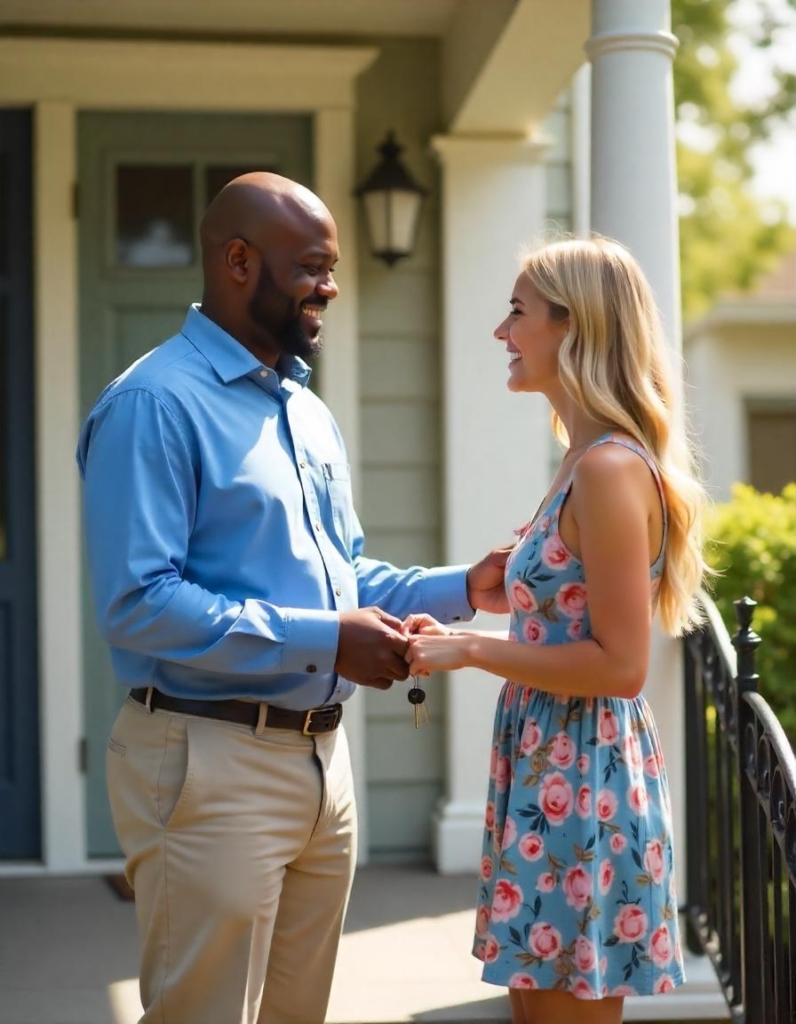
Being a landlord in Ghana isn’t just about collecting rent, it’s about understanding your rights, protecting your property, and making smart decisions that keep your investment safe.
Whether it’s setting clear payment terms, screening tenants, handling damage, or knowing when and how to end a tenancy, these rights exist to give you structure, confidence, and legal support.
And the best part? You don’t have to go through it all alone.
At Prime Listings Ghana, we don’t just connect you with serious tenants, we also give landlords the visibility, credibility, and peace of mind they deserve.
If you’re ready to rent smarter and with less stress, we’re here to help.
List your property with Prime Listings today.
Visit primelistingsgh.com or send us a DM to get started.



